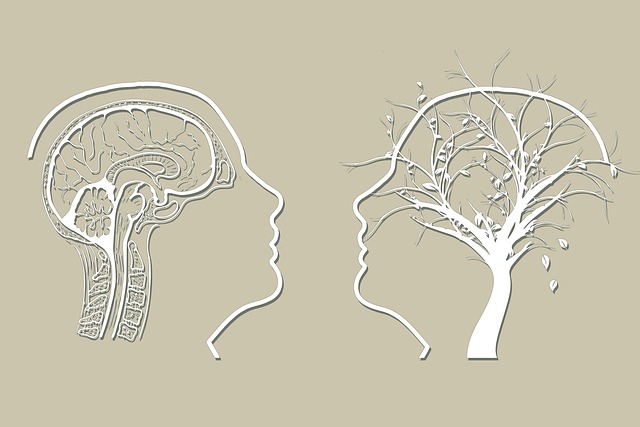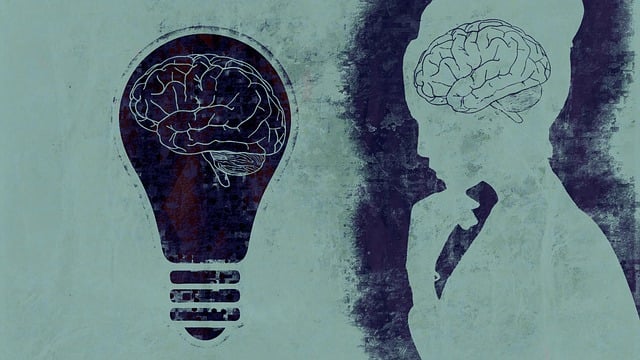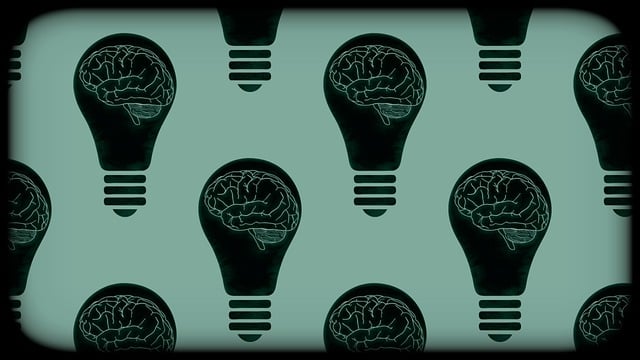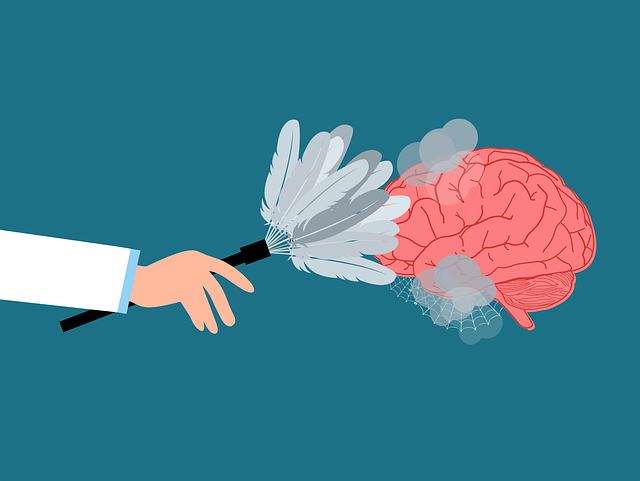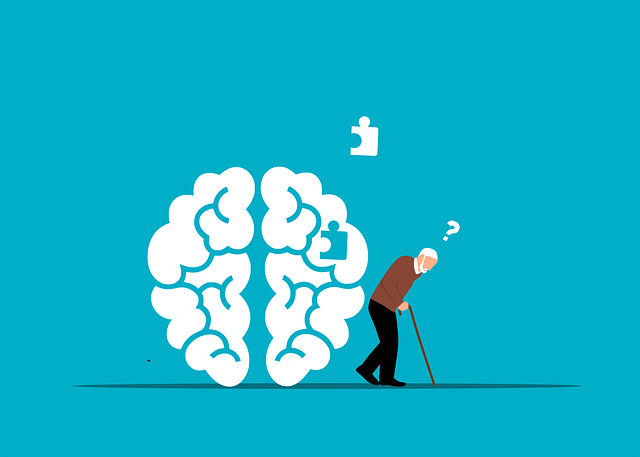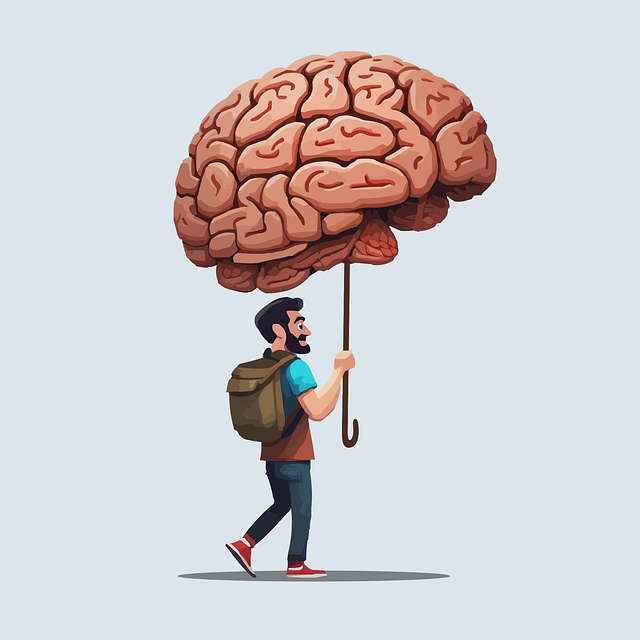Superior ADD-ADHD Therapy focuses on emotion regulation to dramatically improve quality of life. Techniques like mindfulness, CBT, self-care practices, time management, and setting boundaries help individuals manage emotions and reduce symptoms of impulsivity, inattention, and hyperactivity. Through tailored risk management planning and integration of powerful tools like cognitive reappraisal into daily routines, healthcare providers empower clients to build resilience, enhance mental well-being, and thrive in their daily lives. Success is measured through improved focus, organization, time management, and reduced impulsivity, with regular assessment and building upon successful strategies for ongoing symptom control.
Emotion regulation techniques play a pivotal role in superior ADD-ADHD therapy, empowering individuals to manage their emotions effectively. This article delves into the significance of emotional control in treating ADD-ADHD, exploring common yet powerful techniques proven to enhance well-being. We’ll guide you through practical strategies for daily implementation, offering actionable steps to navigate and overcome challenges. Additionally, we’ll discuss how to measure success and chart a course for continued progress in ADD-ADHD management.
- Understanding Emotion Regulation and Its Significance in ADD-ADHD Therapy
- Common Techniques to Master Emotional Control
- Practical Strategies for Daily Implementation
- Measuring Success and Next Steps in ADD-ADHD Management
Understanding Emotion Regulation and Its Significance in ADD-ADHD Therapy

Emotion regulation is a cornerstone of superior ADD-ADHD therapy, focusing on helping individuals understand and manage their emotional responses effectively. This is particularly crucial as untreated or poorly managed emotions can exacerbate symptoms like impulsivity, inattention, and hyperactivity, hindering daily functioning and quality of life. By teaching emotion regulation techniques, therapists empower clients to navigate challenging situations with greater composure, enhancing their ability to focus, organize, and interact socially.
This proactive approach goes beyond simply treating symptoms; it equips individuals with essential tools for depression prevention and anxiety relief. By fostering self-care practices centered around emotional intelligence, these techniques promote a sense of agency, enabling folks with ADD-ADHD to lead more balanced and fulfilling lives. Ultimately, mastering emotion regulation is transformative, nurturing resilience and helping one navigate life’s ups and downs with grace and adaptability.
Common Techniques to Master Emotional Control

Emotion regulation is a vital skill to master, especially for those managing ADD/ADHD, as it can significantly enhance their overall well-being and quality of life. Common techniques include mindfulness practices, such as deep breathing exercises and meditation, which help individuals become more aware of their emotions and learn to respond rather than react impulsively. Cognitive behavioral therapy (CBT) is another effective approach, teaching people to identify and challenge negative thought patterns that contribute to emotional distress.
Additionally, self-care practices play a crucial role in emotion regulation. Engaging in regular physical activity, maintaining a balanced diet, and prioritizing sufficient sleep can substantially impact an individual’s ability to manage their emotions. In cases where stress and anxiety are prevalent, burnout prevention strategies like time management skills, setting healthy boundaries, and learning to say ‘no’ can be transformative. These techniques empower individuals to take control of their emotional health, fostering a sense of resilience and overall mental fortitude.
Practical Strategies for Daily Implementation

Teaching individuals to manage their emotions effectively is a powerful tool for enhancing mental well-being and overall quality of life, especially for those with conditions like ADD/ADHD. Incorporating emotion regulation techniques into daily routines can be transformative. One practical strategy is mindfulness meditation, which helps individuals become more aware of their feelings and teaches them to observe without judgment. This simple yet effective practice can be seamlessly integrated into morning routines or as a momentary pause during the day.
Additionally, cognitive reappraisal is a valuable technique that encourages individuals to challenge negative thoughts and replace them with more positive interpretations. For instance, instead of getting frustrated by procrastination, one could reframe it as an opportunity for self-care and then plan a calm environment to focus. Healthcare providers can support this process through tailored risk management planning, which includes identifying triggers, developing coping strategies, and establishing a supportive network. The ultimate goal is to empower individuals with the skills to navigate emotional challenges independently, fostering a sense of control and resilience in their daily lives, particularly when managing ADD/ADHD symptoms.
Measuring Success and Next Steps in ADD-ADHD Management

Measuring success is a vital aspect of ADD-ADHD management, as it allows for a clear understanding of progress and identifies areas that require further attention. In the context of superior ADD-ADHD therapy, several key indicators can be used to assess effectiveness. These include improved focus, enhanced organizational skills, better time management, and reduced impulsivity. Regularly tracking these metrics through self-assessment, parental feedback, and teacher observations provides valuable insights into a child’s or adult’s progress.
The next steps in ADD-ADHD management should build upon successful strategies while addressing any lingering challenges. Resilience building is a crucial component, equipping individuals with the tools to navigate stress and regulate emotions effectively. Healthcare provider cultural competency training ensures that care is tailored to meet diverse needs. Additionally, incorporating comprehensive stress management techniques can significantly improve overall well-being. By combining these approaches, individuals can achieve better control over their ADD-ADHD symptoms and lead more fulfilling lives.
Emotion regulation techniques offer a powerful tool in the arsenal of superior ADD-ADHD therapy. By equipping individuals with the skills to manage their emotions effectively, these strategies foster greater self-control and improve overall well-being. Through practical application of common techniques and tailored daily practices, individuals can navigate life’s challenges with increased resilience. Measuring success involves tracking progress in emotional control and adjusting strategies as needed. Embracing these steps paves the way for enhanced focus, improved relationships, and a more fulfilling life for those managing ADD-ADHD.


